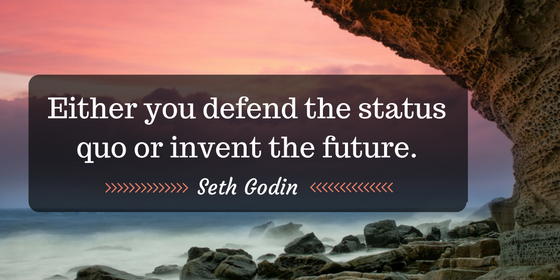The battle to find time in schools – we need to consider teacher efficacy
Teacher and school leader workload issues very much stem from the fact that there is not enough time to do the job properly. Some time back I commented on two ways that leaders can support teachers with workload issues, as to a large extent school leaders must take the initiative and lead in providing teachers with the support and guidance needed to tackle the many demands placed upon them.
Leaders, however, should not solely focus on what tasks they can take away from teachers and focus their priorities in the direction that it is most needed, leaders have a huge responsibility to also work with teachers to make them more efficient at what they do.
It is not advocated that when workload issues arise in schools, we first start with a conversation about teacher efficacy, as that would be like waving a red rag to a bull. That said, if we are serious about improving schools, then we do have to look at our own efficacy both as leaders and as teachers.
We should be asking the following questions:
- Is there a quicker way to do this in order to get the same desired result?
- Is what I am doing actually effective given the time I am spending on the task?
- What technologies can we harness to improve workflow and help us accomplish a task with less effort?
- Do we make the most our of the collaborative planning time made available to us?
- Is my classroom time utilized effectively, so that students get a better learning experience during their contact ours with me?
- Is there a reason for us to still do this task in this particular way, or do we still need to do this task at all?
Discussions about personal efficacy, whether it be as a teacher, or as a school leader, need to be approached with an open-mind and with a willingness to be self-critical along with a desire to be better at what we do.
School leaders need to be aware that if everyone in a school had this approach to personal efficacy, then we would be making further strides of improvement than we are currently. The topic of efficiency and efficacy, therefore, requires leaders courageous enough to bring up this discussion to those who are less inclined to discuss their own work, preferring to keep the agenda focused on what others can take away rather than be inconvenienced by the suggestion of changing personal work habits.
This conversation needs to be put on the table in all of our schools but must take place with a high degree of empathy on the part of the leader initiating the discussion. Not everyone has the ability to learn new technologies at the same pace, some of us are better at collaborating than others and some of us are more insecure in our role as a teacher than many of our colleagues. Subsequently, working to improve teacher and leader efficacy needs a differentiated approach rather than one size fitting all. That is what we ask of teachers in classrooms working with students, so we must do the same when working with teachers.


